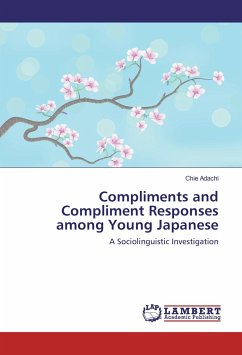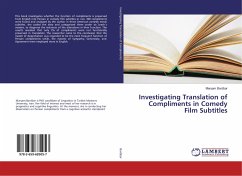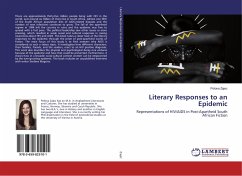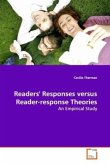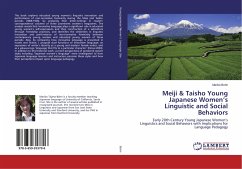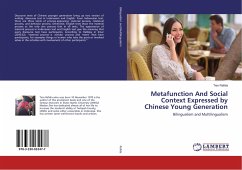This work is a sociolinguistic investigation into the system of the speech act of complimenting among young Japanese. The current study challenges some traditional premises about the nature of this speech act and explores how sociolinguists should go about analysing such variables in the context of a non-Western speech community. In so doing, I highlight that applying localised cultural knowledge plays a crucial role in unfolding the social and linguistic systems of complimenting in a Japanese speech community. To achieve a satisfying sociolinguistic understanding of this speech act, the data are analysed with a combination of both the qualitative methods of discourse analysis and the quantitative methods of variationist sociolinguistics. The construction and application of compliments in the case of Japanese substantially manifest its complex and intricate sociolinguistic system, which my dissertation is dedicated to describing through the naturally occurring data of spoken Japanese.
Bitte wählen Sie Ihr Anliegen aus.
Rechnungen
Retourenschein anfordern
Bestellstatus
Storno

